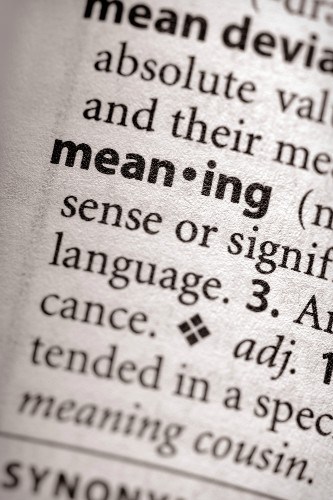About The Word Internal-combustion engine

Learn about the word Internal-combustion engine to help solve your crossword puzzle. Discover Internal-combustion engine definitions and meaning, origins, synonyms, related terms and more at the free Crossword Dictionary.
Internal-combustion engine

| Internal-combustion engine Definition And Meaning |
|---|
What's The Definition Of Internal-combustion engine?
[n] a heat engine in which combustion occurs inside the engine rather than in a separate furnace; heat expands a gas that either moves a piston or turns a gas turbine
Synonyms | Synonyms for Internal-combustion engine: ICE Related Terms | Find terms related to Internal-combustion engine: See Also | automotive vehicle | block | cylinder block | diesel | diesel engine | diesel motor | engine block | force feed | force-feed lubricating system | four-stroke engine | four-stroke internal-combustion engine | gas engine | gasoline engine | heat engine | lubricating system | motor vehicle | motorboat | outboard | outboard motor | poppet | poppet valve | powerboat | pressure feed | pressure-feed lubricating system | radial engine | reciprocating engine | rotary engine | self-starter | supercharger | valve-in-head engine Internal-combustion engine In Webster's Dictionary \Internal-combustion engine\) in
which the heat or pressure energy necessary to produce motion
is developed in the engine cylinder, as by the explosion of a
gas, and not in a separate chamber, as in a steam-engine
boiler. The gas used may be a fixed gas, or one derived from
alcohol, ether, gasoline (petrol), naphtha, oil (petroleum),
etc. There are three main classes: (1) {gas engines} proper,
using fixed gases, as coal, blast-furnace, or producer gas;
(2) engines using the vapor of a volatile fluid, as the
typical {gasoline (petrol) engine}; (3) {oil engines}, using
either an atomized spray or the vapor (produced by heat) of a
comparatively heavy oil, as petroleum or kerosene. In all of
these the gas is mixed with a definite amount of air, the
charge is composed in the cylinder and is then exploded
either by a flame of gas (
{flame ignition} -- now little used), by a hot tube (
{tube ignition}) or the like, by an electric spark (
{electric ignition}, the usual method is gasoline engines, or
by the heat of compression, as in the Diesel engine. Gas
and oil engines are chiefly of the stationary type.
Gasoline engines are largely used for automobile vehicles,
boats, etc. Most internal-combustion engines use the Otto
(four-stroke) cycle, though many use the two-stroke cycle.
They are almost universally trunk engines and
single-acting. Because of the intense heat produced by the
frequent explosions, the cylinders must be cooled by a
water jacket (
{water-cooled}) or by air currents (
{air cooled}) to give the maximum thermodynamic efficiency
and to avoid excessive friction or seizing. Interne
|
More Crossword Puzzle Words
A | B | C | D | E | F | G | H | I | J | K | L | M | N | O | P | Q | R | S | T | U | V | W | X | Y | Z
Cross Word Of The Day
- Serjeant-at-law ‐ an English barrister of the…
- Roast veal ‐ cut of veal suitable…
- Hunt down ‐ pursue for food or sport (as of wild animals); "Goering often…
- Rose apple ‐ fragrant oval yellowish tropical fruit used in jellies and confections…
- Verdun ‐ a battle in World War I (1916); in some of the bloodiest fighting…
- Lotus americanus ‐ North American annual with red or…
- Sportingly ‐ so as to be sporting; in a…
- Long underwear ‐ an undergarment with shirt and drawers in…
- Glucose tolerance test ‐ test of the body's ability to metabolize carbohydrates; used…
- Pressingly ‐ in a…